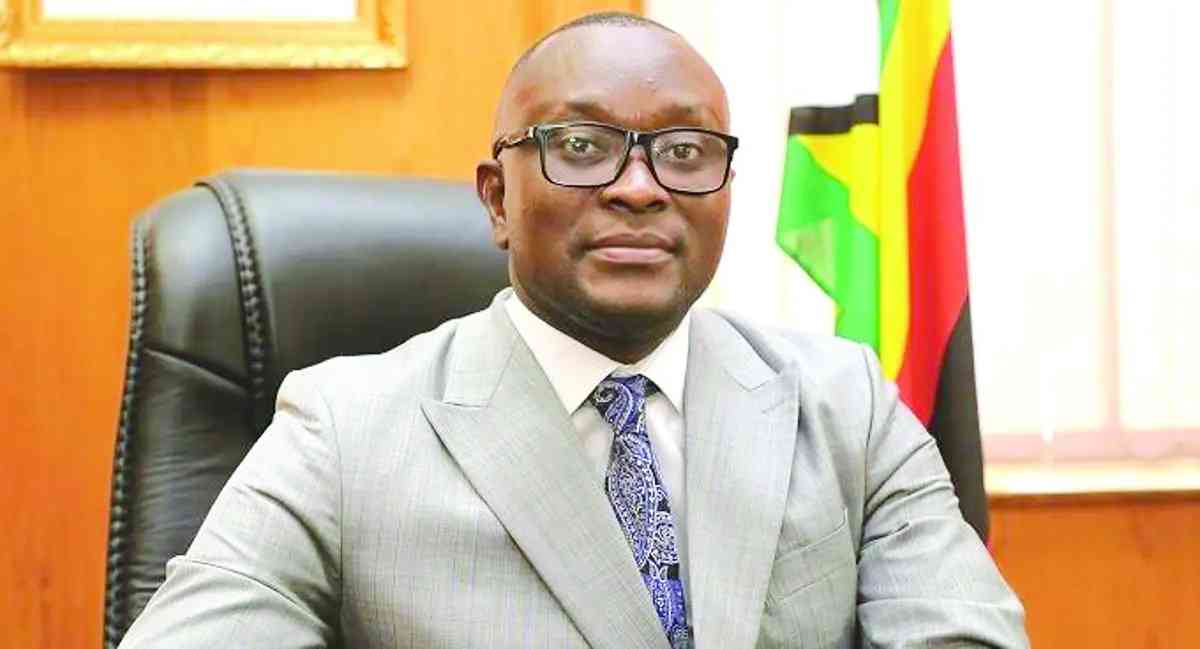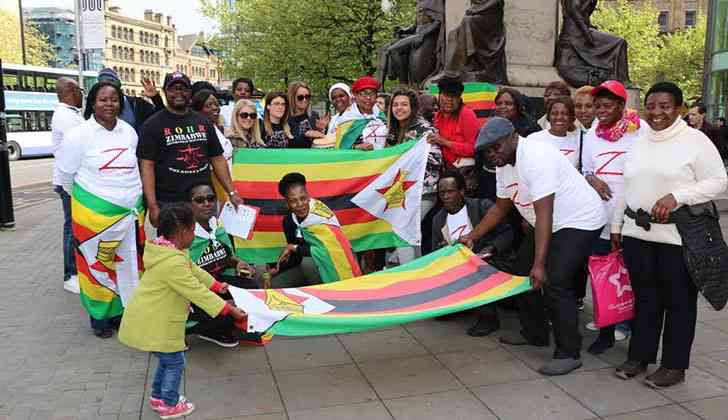
I FORTUITOUSLY attended an editors’ engagement meeting convened by the Zimbabwe Media Commission (ZMC) in Harare on July 24, 2024 wherein discourse on reforming the media regulatory framework took centre stage.
The objective of the forum was to spotlight the state of media professionalism and ethics and to identify the gaps and opportunities to enhance journalistic standards.
The deputy chief secretary in the office of the President and Cabinet responsible for communications, George Charamba, who was among the guest presenters at the engagement, had issued a public complaint on a news story carried in one of the mainstream local dailies, NewsDay, that prompted the ZMC intervention.
Jenfan Muswere, the Information, Publicity and Broadcasting Services minister, was also among the dignitaries, who included legislators and policymakers.
Some of the policy dialogues presented to editors and media actors give traction to efforts around improving the media policy environment and, in particular, the strengthening of media self-regulation.
The foremost score for proponents of media freedom is the acknowledgement and recognition of self-regulation of the media by these high ranking government officials.
That the recognition and acknowledgement of existing internal remedies of holding the media accountable and maintaining high standards come on the back of a highly critical public statement by the same presidential office is a basis for media actors to coalesce around strengthening the self-regulatory mechanisms.
The climbdown from taking stern action against the media to initiating dialogues and engagement with editors on how government and policymakers can support self-regulation should be seized and the discourse taken to the next level.
- Don't 'tag' journalists based on their media house
- Act on violence, discrimination against journalists
- New laws will muzzle media, analysts warn
- Proposed media laws a travesty
Keep Reading
The challenge that lies ahead is for media actors to have clarity on the mechanics of this regulatory framework given that whatever is going to emerge from the government policy intention to reform the framework is going to be by way of statute.
In what is being defined as media co-regulation, it is essential from the inception of these policy dialogues to accurately define what is being preserved by law and what is not.
For starters, the supreme law provides the right to free expression. To that extent, you can’t regulate free expression. Citizens do not require a licence to speak.
And with the advent of new media, this freedom is more pronounced and takes various shapes and forms.
It is a natural right with defined limitations. The limitations do not extend to preserving the sanctity of truth.
Yet truth telling is the hallmark of journalism, in whose ecosystem there is investment in gatekeeping and fool proofing.
The sector has evolved from being the sole mass communicator and is just one of many competitors in the marketplace of ideas.
Therein lies the challenge.
How can this noble profession be safeguarded to preserve the information ecosystem and to strengthen the media not as an end in itself, but to promote accountability?
I submit that the media co-regulatory framework that is being espoused by law the Media Practitioners Bill should be seized with locating and protecting those in the professional space, guided by standards that preserve the information space.
And, as acknowledged by the government, they must regulate themselves.
The challenge going forward is to navigate this heavily polluted information space and establish where the journalists or professional media practitioners are, define who they are, what they should do and when.
There’s an opportunity to improve the media sector in Zimbabwe, at least on the basis of positive policy pronouncements and legislative intent.
However, there is a risk expose journalism to the whims and forces of a polluted information ecosystem or the ruling elite if the challenge ahead goes unmanaged.
- Nigel Nyamutumbu is a media development practitioner serving as the coordinator of a network of media professional associations and support organisations, the Media Alliance of Zimbabwe. He is a national facilitator of an international training programme supported under the Swedish International Development Agency programme. He can be contacted on [email protected] or +263 772 501 557










